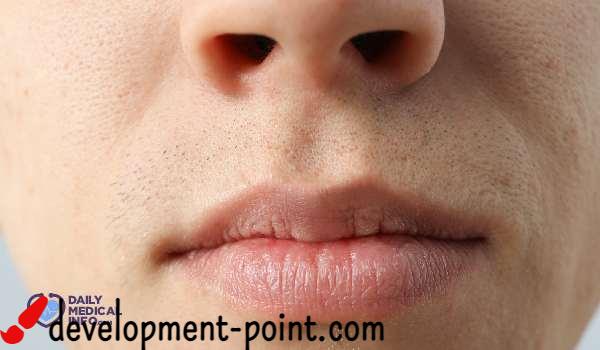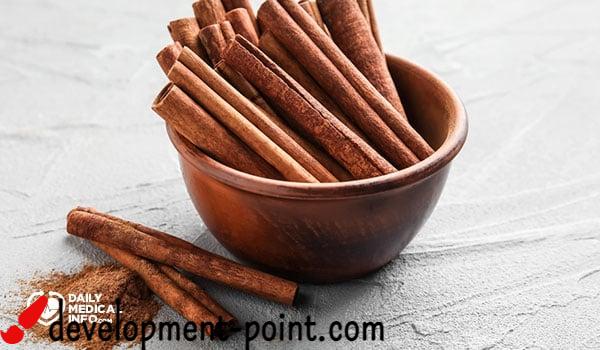Causes of itchy scalp and how to get rid of them?
Who among us has not experienced an itchy scalp? Certainly no one, a severe itching of the head may be a sign that you have a problem that needs to be solved, whether it is dry hair, dandruff, or a skin disease. In this article, we will learn about the different causes of itchy scalp, and what are the methods of treatment, so read the following lines.
Symptoms associated with itching of the head
An itchy scalp can be a sign or symptom of a skin problem, and an itchy scalp may cause a temporary feeling of relief, tingling, or pain. Some of the most common symptoms associated with scalp problems include:
- Burning in the middle of the head.
- The presence of bald spots on the scalp.
- skin dryness.
- Dermatitis, redness.
- Swelling of the scalp.
- Sores filled with pus.
- Scales, spots on the scalp.
- A slight increase in body temperature.
- Ulcers on the scalp.
What are the causes of itchy scalp?
There are many causes of itchy scalp for children or adults, and itching of the head varies in severity according to the causes, including the following:
1. Dandruff
Dandruff is a very common cause of itching of the head, and it is caused by dry hair. It is easy to notice dandruff falling from the hair during itching, and it may be visible on the scalp, or on clothes (especially dark-colored clothes).
2. Scalp reactions with some lotions
Some people complain of an itchy head after henna, dye, shampoo, conditioner, or any other hair care product after use, and the itching may be accompanied by a rash, and this condition is called contact dermatitis, and it is caused by skin sensitivity to this type.
3. Seborrheic dermatitis
Seborrheic dermatitis is one of the most common causes of scalp itching, and it is a condition that affects areas of the body rich in sebaceous glands such as the scalp or face, and it may be one of the causes of itching after oil.
4. Urticaria
They are red, raised, and very itchy spots that appear anywhere on the skin, including the scalp. They may appear or disappear within a few hours, and sometimes they will disappear and then reappear again. If you have had this problem for more than 6 weeks, you may be chronic.
5. Head lice
Head lice are one of the causes of scalp itching for children in particular, and it is a parasitic insect that lives in the scalp, is transmitted from person to person, and feeds on blood in the scalp, and lice can whiten hair strands.
6. Scabies
Scabies may be one of the causes of severe itching in the head, and it is caused by a small insect called the human itch mite, and if this insect penetrates the skin, it results in a very severe and disturbing itch that may affect sleep at night.
7. Ringworms
It is a fungal infection that, if it hits the head, may result in a rash and itching.
8. Psoriasis
Scalp psoriasis can range from mild to severe itching, and you may experience red patches, silvery scales that look like dandruff, and a dry scalp.
9. Eczema
Eczema may affect the scalp, causing redness, burning, and severe itching.
10. Hormonal changes
Hormonal changes, stress, and dehydration caused by these changes may cause itchy scalp for pregnant women in particular.
11. Stress and anxiety
Stress and anxiety are also among the causes of itching in the head, as it may affect general health, including the skin and scalp.
12. Inflammation of the hair follicles
Inflammation of the hair follicles is caused by a bacterial or fungal infection, and this may cause itching of the scalp, with temporary hair loss.
When should you visit the doctor?
If you suffer from constant itching of the head, annoying, and it does not go away within days of its onset, or is accompanied by hair loss, pain, sores, and treating itching naturally did not work, it is best for you to see a doctor, as the itching of the scalp caused by infection Whether it is a fungal infection, parasites, or itching caused by some other cause, it does not go away until you get medical treatment.
Itchy head treatment
The treatment of itchy scalp depends mainly on knowing the cause. For example, dandruff can be eliminated by using shampoo to treat itchy scalp against dandruff frequently. The following are the most prominent ways to treat dandruff and itching:
Get rid of itchy scalp with medication
Each drug works in a specific way to treat the scalp. For example, there are drugs that kill parasites and bacteria, and there are other drugs that reduce the percentage of oils in the hair. Here are some examples:
- Antifungal shampoo or cream for itchy scalp.
- Medicines to treat lice and scabies.
- Topical corticosteroids.
- Exfoliants such as salicylic acid.
In addition to the above, one must take into account whether stress and anxiety are among the causes of itchy scalp, and try to treat it through meditation, lifestyle changes, or by visiting a specialist.
Home ways to get rid of an itchy head
There are many home methods used to get rid of itchy scalp, including:
- Use an anti-dandruff shampoo.
- Treat itchy scalp with white vinegar or apple cider vinegar.
- Moisturizing hair.
- Treat itchy scalp with herbs and natural oils such as olive oil, coconut oil, and peppermint oil.
- Stop using products that cause scalp sensitivity.
How to prevent itchy scalp
Experts always advise to reduce the risk of itchy scalp by:
- Washing hair frequently.
- Do not share personal items such as towels, clothes, and hats.
- Avoid using dyes and henna (if allergic).
- Use a mild shampoo that does not irritate the scalp.
- The scalp can be massaged to improve blood flow to the hair follicles.
- Follow the doctor’s instructions in treating existing skin conditions such as psoriasis and eczema to avoid itching.
- Keeping hair clean and dry.
- Eat healthy foods rich in vitamins that are good for hair.

